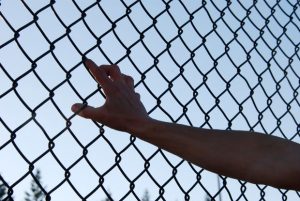In a split 4-3 decision, the Florida Supreme Court soundly rejected the Daubert standard of evidence for expert witness testimony – the one used in federal courts and adopted by many state courts, in favor of the less stringent Frye standard, the older method that prior to 2013 had been the standard in the Sunshine State.
What does this mean for Fort Lauderdale criminal defendants? It will be relevant both for them as well as for plaintiffs in civil cases. The Daubert standard establishes a rule of evidence (found in Federal Rules of Evidence 702) that pertains to the admissibility of an expert witness’s testimony, stemming from the 1993 U.S. Supreme Court ruling in Daubert v. Merrell Dow Pharmaceuticals. It holds that a witness can only be qualified as an expert if he or she has the knowledge, skill, experience, training or education that is considered a baseline to form that opinion. Testimony must meet a specific list of criteria, and the judge acts as the gatekeeper. Those whose opinions fail to meet that proof burden can be excluded.
Frye, meanwhile, is less stringent, considered a general acceptance test for scientific evidence requiring that one’s expert opinion, if based on a scientific technique, can only be admitted where that technique is “generally accepted as reliable in the relevant scientific community.” Continue reading
 Fort Lauderdale Criminal Attorney Blog
Fort Lauderdale Criminal Attorney Blog




